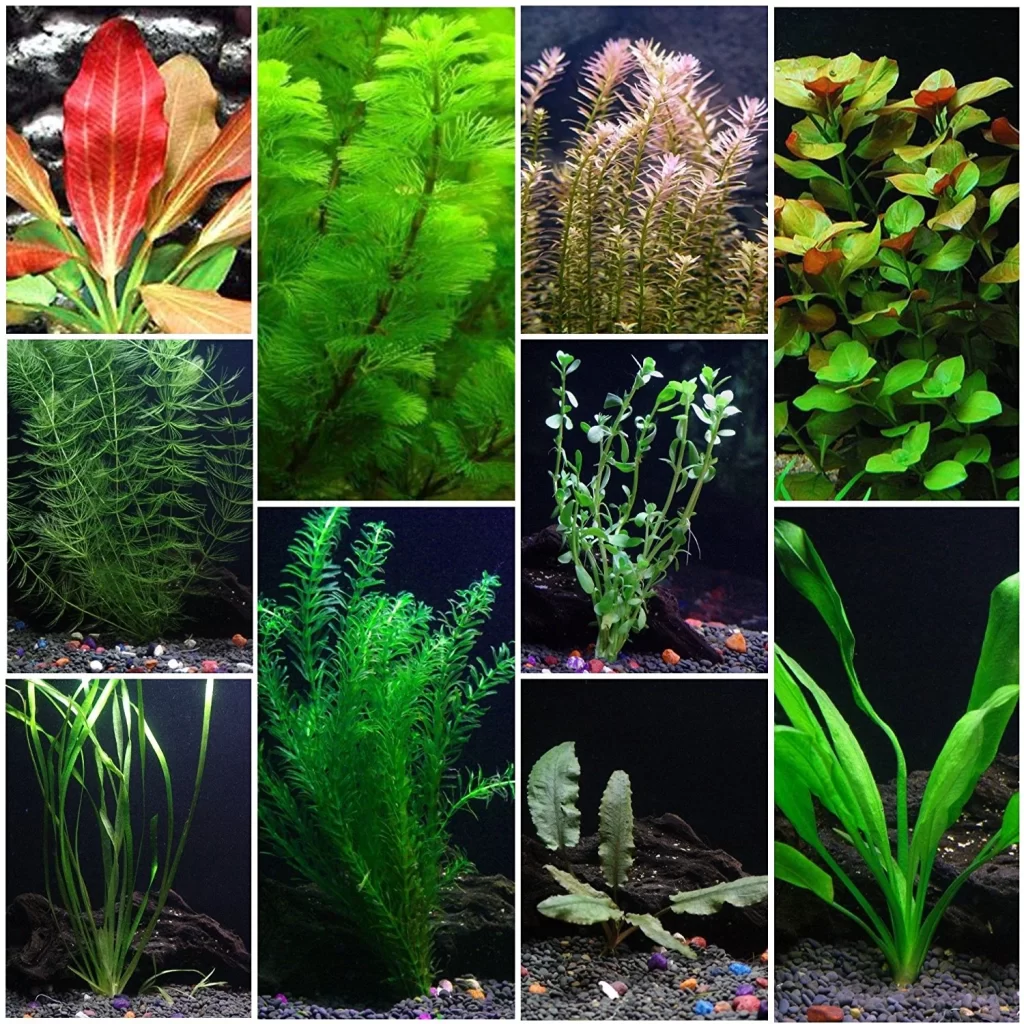Why Blue Mystery Snails Are Essential for a Balanced Aquatic Ecosystem
Blue Mystery Snails Pomacea diffusa, with their striking azure shells and fascinating behaviors, are more than just an attractive addition to freshwater tanks. These snails play a crucial role in maintaining the health and balance of aquatic ecosystems. Their contributions are often underestimated, but understanding their ecological impact reveals why they are essential to a well-functioning aquatic environment.
Algae Control
One of the primary benefits of Blue Mystery Snails is their ability to control algae growth. Algae can quickly overtake an aquarium or natural water body, leading to issues such as reduced oxygen levels and diminished light penetration. Blue Mystery Snails feed on various types of algae, including green spot algae and hair algae. By grazing on these organisms, they help keep algae populations in check, thereby preventing algae blooms that could otherwise disrupt the ecosystem’s balance.

Nutrient Recycling
Blue mystery snails contribute significantly to nutrient recycling within an aquatic system. As they consume detritus, uneaten food, and plant matter, they break down these materials into simpler compounds. This process facilitates the decomposition of organic matter, turning it into nutrients that can be reused by plants and other organisms in the ecosystem. This recycling helps maintain water quality by reducing the accumulation of waste products that could lead to harmful conditions.
Substrate Aeration
The activity of Blue Mystery Snails also helps in aerating the substrate. As they move across the tank or pond floor, they stir up the substrate, which can become compacted over time. This agitation prevents the build-up of harmful gases and toxins that can result from anaerobic conditions in the sediment. By keeping the substrate loose and oxygenated, Blue Mystery Snails support the health of beneficial bacteria that break down waste, further contributing to a balanced environment.
Providing Food for Other Species
In the wild, Blue Mystery Snails serve as a food source for various predators, including fish and aquatic birds. Their presence in an ecosystem supports the food web by providing a consistent and reliable source of nutrition for these predators. This interaction helps maintain the balance between predator and prey populations, contributing to overall biodiversity and ecosystem stability.
Enhancing Plant Health
Another crucial role of Blue Mystery Snails is their impact on aquatic plants. While they do feed on plant matter, their diet primarily consists of dead or decaying plant material rather than living plants. This selective feeding helps prevent the overgrowth of certain plants that could otherwise dominate the ecosystem. Moreover, the nutrient-rich waste produced by the snails serves as a natural fertilizer for aquatic plants, promoting their growth and health.
The blue mystery snails are far more than ornamental creatures in an aquarium. Their roles in algae control, nutrient recycling, substrate aeration, and as a food source highlight their importance in maintaining a balanced and healthy aquatic ecosystem. By supporting the overall health of the environment they inhabit, these snails contribute to a thriving and stable ecosystem, making them an invaluable part of any aquatic system.
